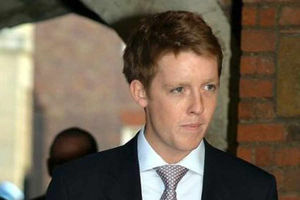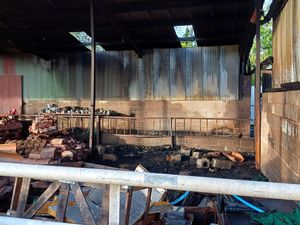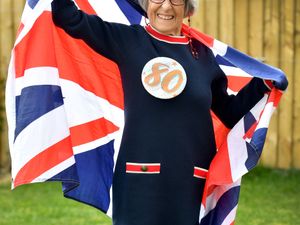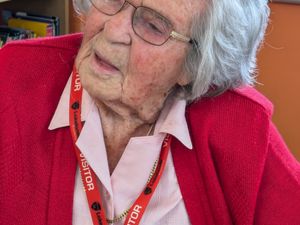Former Shropshire pupil Hugh Grosvenor, 25, inherits £8bn from his father the Duke of Westminster
A former student of a school in Shropshire has become one of the richest young men in the world following the death of his father.

Hugh Grosvenor, who studied at Ellesmere College between 2000 and 2009, inherits the title and estate of his father, the Duke of Westminster, Gerald Cavendish Grosvenor.
According to Forbes, the Duke had a fortune of £8.3 billion, making him the 68th richest person in the world, and the third richest in the UK.
His fortune, including the family seat, Eaton Hall near Chester, now goes to 25-year-old Hugh, whose previous title was Earl Grosvenor.
He will also gain a staggering property portfolio, including land in the wealthiest areas of London.
Hugh, who is now the 7th Duke of Westminster, is a former student at Newcastle University, who made headlines with a 21st birthday party at Eaton Hall that was rumoured to have cost £5 million.
In 2013 he was named one of Prince George's seven godparents.
Hugh's father was a good friend of Prince Charles and there are close links between the families.
Reacting to news of him becoming godparent, Nick Pettingale, director of external relations at Ellesmere College, said: "Hugh attended Ellesmere College for nine years, coming up through our lower school and into the sixth form.
"He was an exceptional student and was a well-respected school prefect. We have a very special relationship with all our former pupils. Many Old Ellesmerians return to address our sixth form students. We, as a school are delighted for Hugh."
Hugh's father died at the Royal Preston Hospital in Lancashire on Tuesday after suddenly becoming ill on his Abbeystead Estate.
A friend of the Royal Family, he became the sixth Duke of Westminster in 1979.
The duke was known for his strong views, and was an advocate of change in the Lords.
He quit the Conservative Party in 1993 after it proposed the Bill on Leasehold Reform, which would have had a huge effect on his massive London landholdings.
He also paid thousands to some of his workers to help them meet the poll tax, introduced by Margaret Thatcher, which he described as "insufferable".




